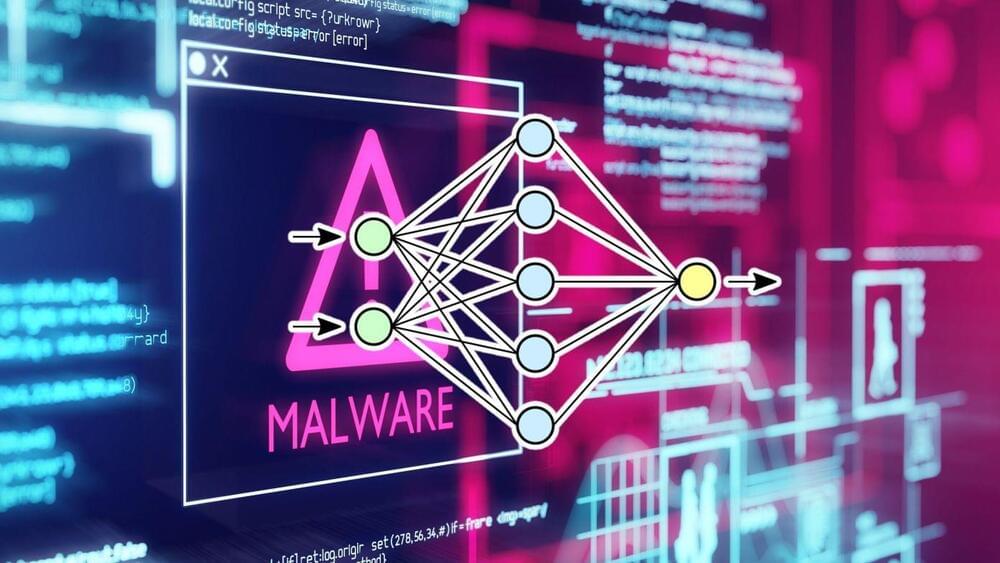Dec 17, 2021
2022 Cyber Security Trends: Ransomware, Extortion, and State Espionage
Posted by Saúl Morales Rodriguéz in categories: biotech/medical, business, cybercrime/malcode
2021 will be remembered as a significant year for the cyber security industry. With the pandemic accelerating digital transformation, the threat landscape was in constant flux. Major ransomware attacks demonstrated not just their impact on businesses, but wider society too. As we look ahead to 2022, the only constant in our industry is uncertainty in the cyber realm, but here are a few of our predictions for next year, based on trends we’re already seeing emerge.
Ransomware.

















